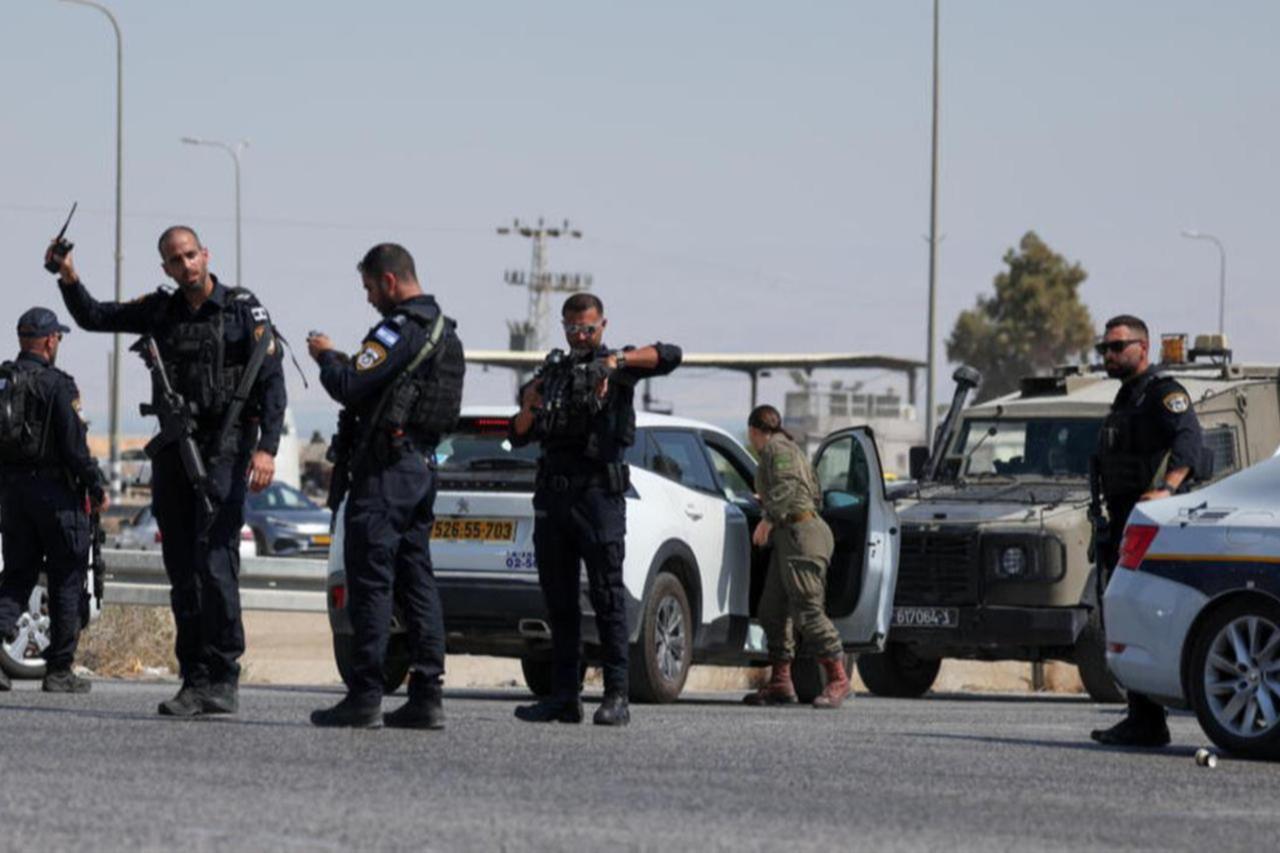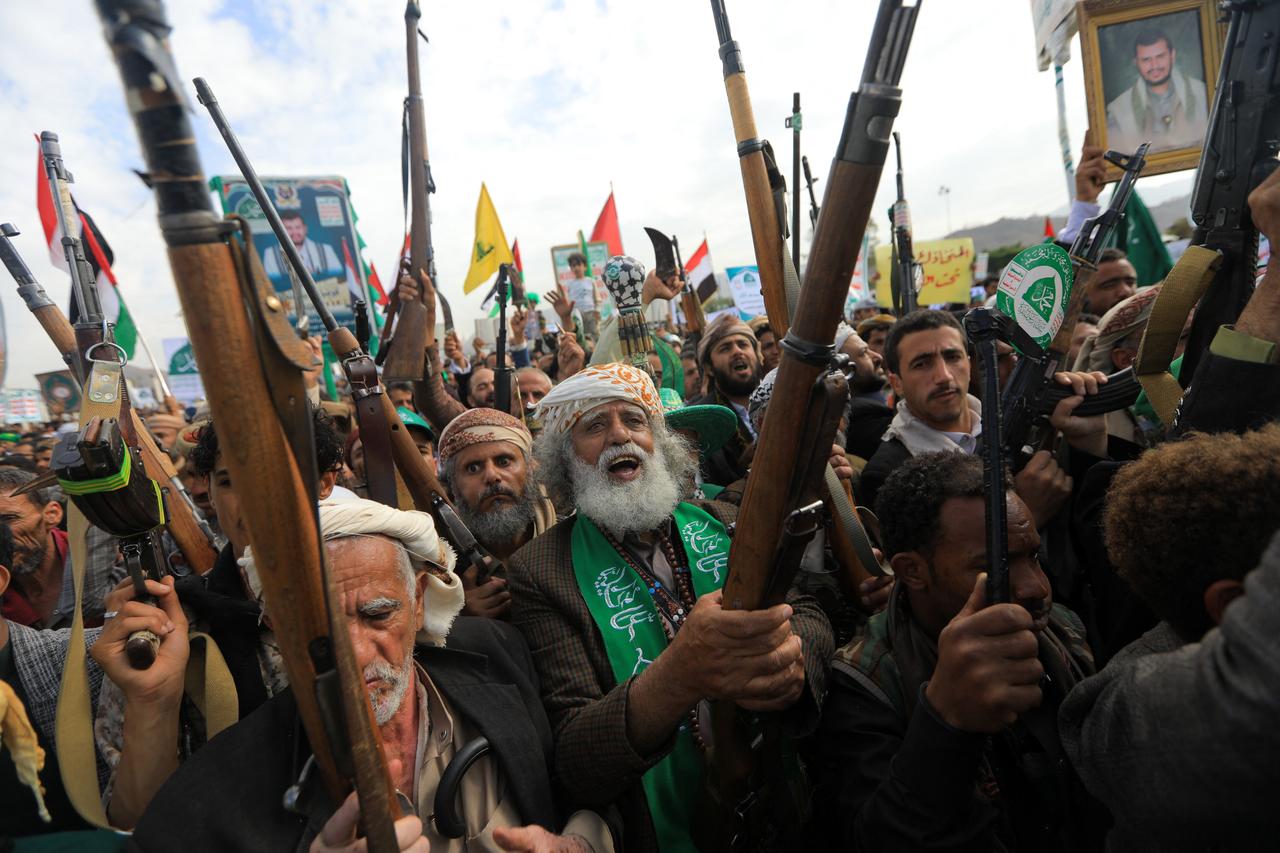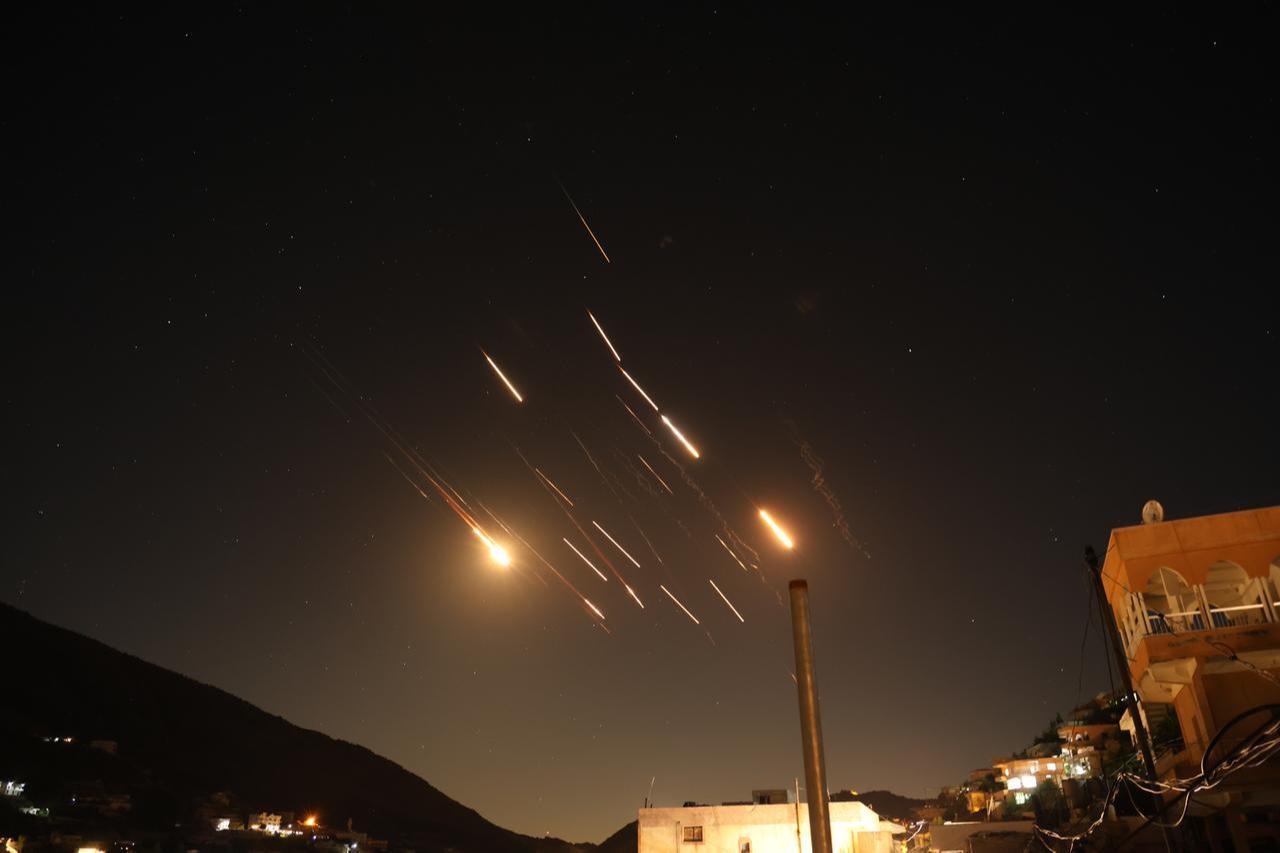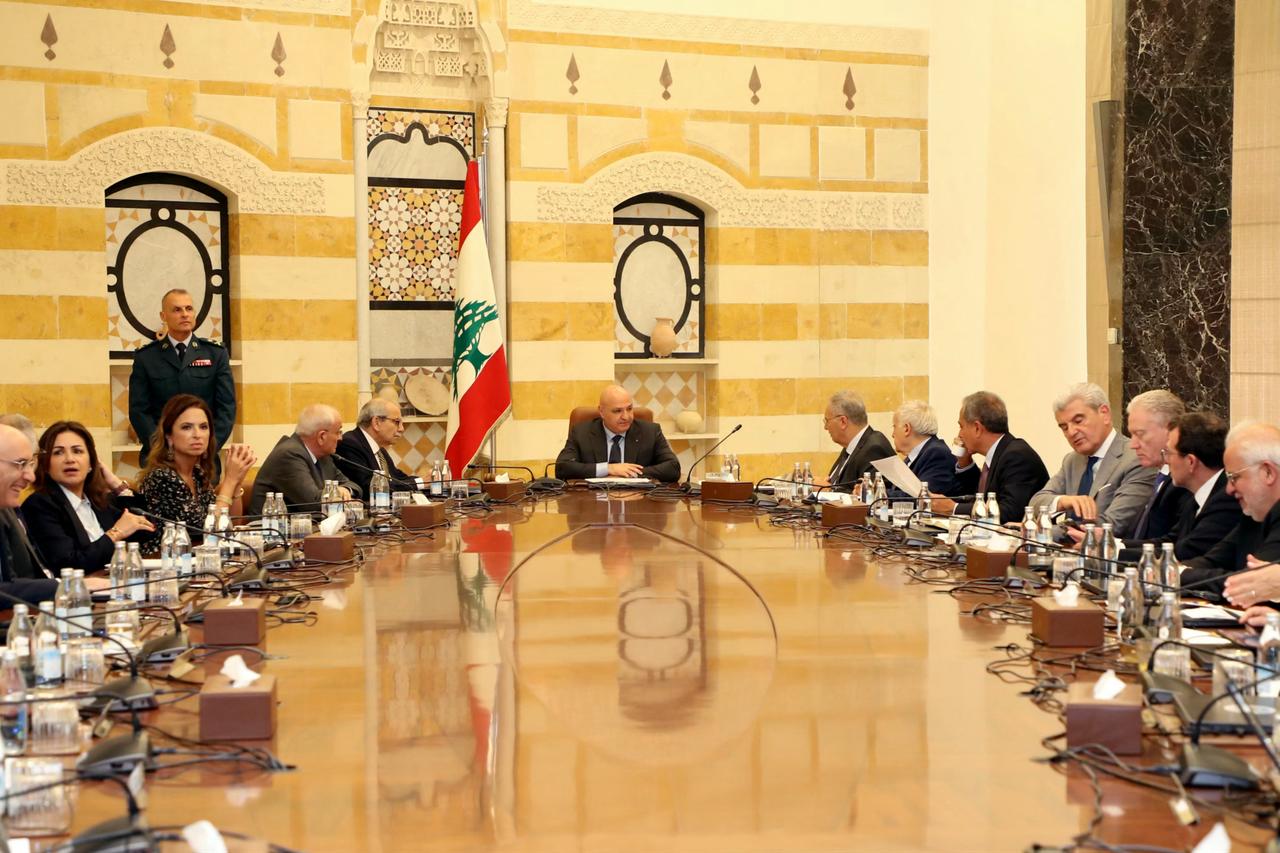
The Israeli military intercepted a ballistic missile launched from Yemen on Thursday, as air raid sirens sounded across central Israel and the Jerusalem area, highlighting the expanding scope of Middle Eastern conflicts beyond Gaza.
The missile, fired by Yemen's Iran-backed Houthi rebels, was successfully intercepted with no reported casualties or damage, according to Israeli military statements. The attack represents the latest in a sustained campaign by the Houthis, who have launched 87 ballistic missiles and at least 40 drones at Israel since March 18, when Israeli military operations in Gaza intensified.

Since the Gaza war erupted in October 2023, the Houthis have conducted repeated drone and missile attacks against Israel, claiming solidarity with Palestinians. The Yemen-based group has positioned these strikes as part of broader regional resistance to Israeli military actions in Gaza.
Israel has responded with multiple rounds of retaliatory strikes targeting Yemeni infrastructure, including ports, power stations, and Sanaa's international airport. Last month, Israeli forces assassinated the head of the Houthi government alongside 11 other senior officials in targeted airstrikes.

Simultaneously, Israeli military forces struck five towns in southern Lebanon on Thursday, continuing operations despite a November truce that officially ended hostilities with Hezbollah. The attacks targeted Mais al-Jabal, Debbin, Burj Qalawiya, Al-Shahabiya, and Kfar Tibnit, with residents fleeing on roads filled with evacuees.
Lebanese President Joseph Aoun condemned the strikes and criticized "the silence of the countries who had sponsored" the ceasefire, arguing it "encourages further aggression." The Israeli military justified the operations as strikes against Hezbollah weapons storage facilities belonging to the group's elite Radwan force.

The Lebanese army reported that Israeli attacks have brought ceasefire "violations" to 4,500 incidents, complicating efforts to disarm Hezbollah in border areas. Under international pressure, Beirut has ordered the army to develop a plan for removing Hezbollah weapons from the Israeli border region by year's end.
However, military officials warn that continued Israeli strikes risk undermining the disarmament timeline. "These assaults and violations obstruct the army's deployment in the south, and their continuation will hinder the implementation of its plan starting from the area south of the Litani River," the Lebanese army stated.
The strikes occurred as Hezbollah prepared to commemorate the first anniversary of Israeli attacks on the group's communication devices, which killed dozens and wounded thousands in Sep. 2024, and the death of leader Hassan Nasrallah in subsequent Israeli airstrikes on Beirut.